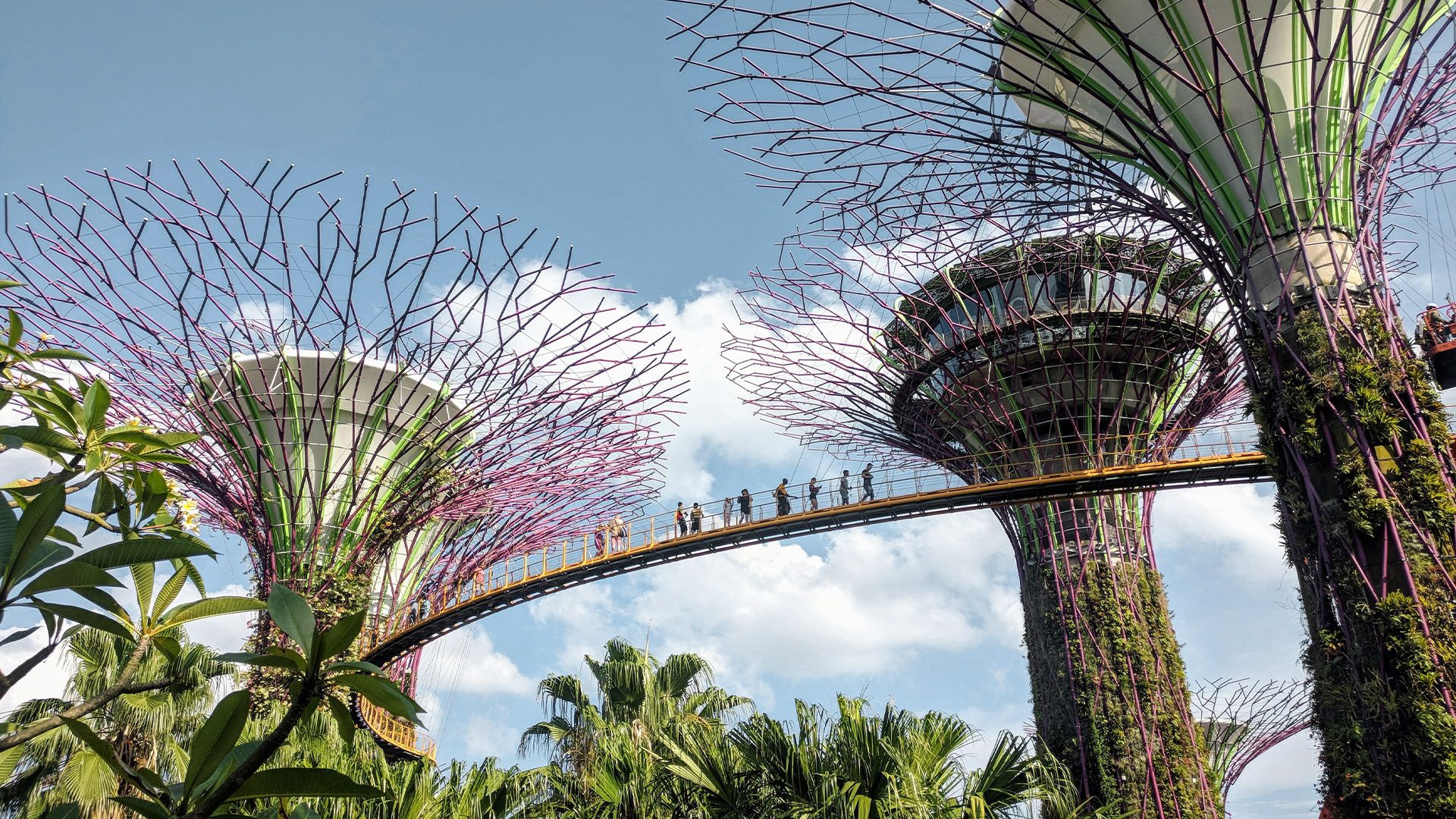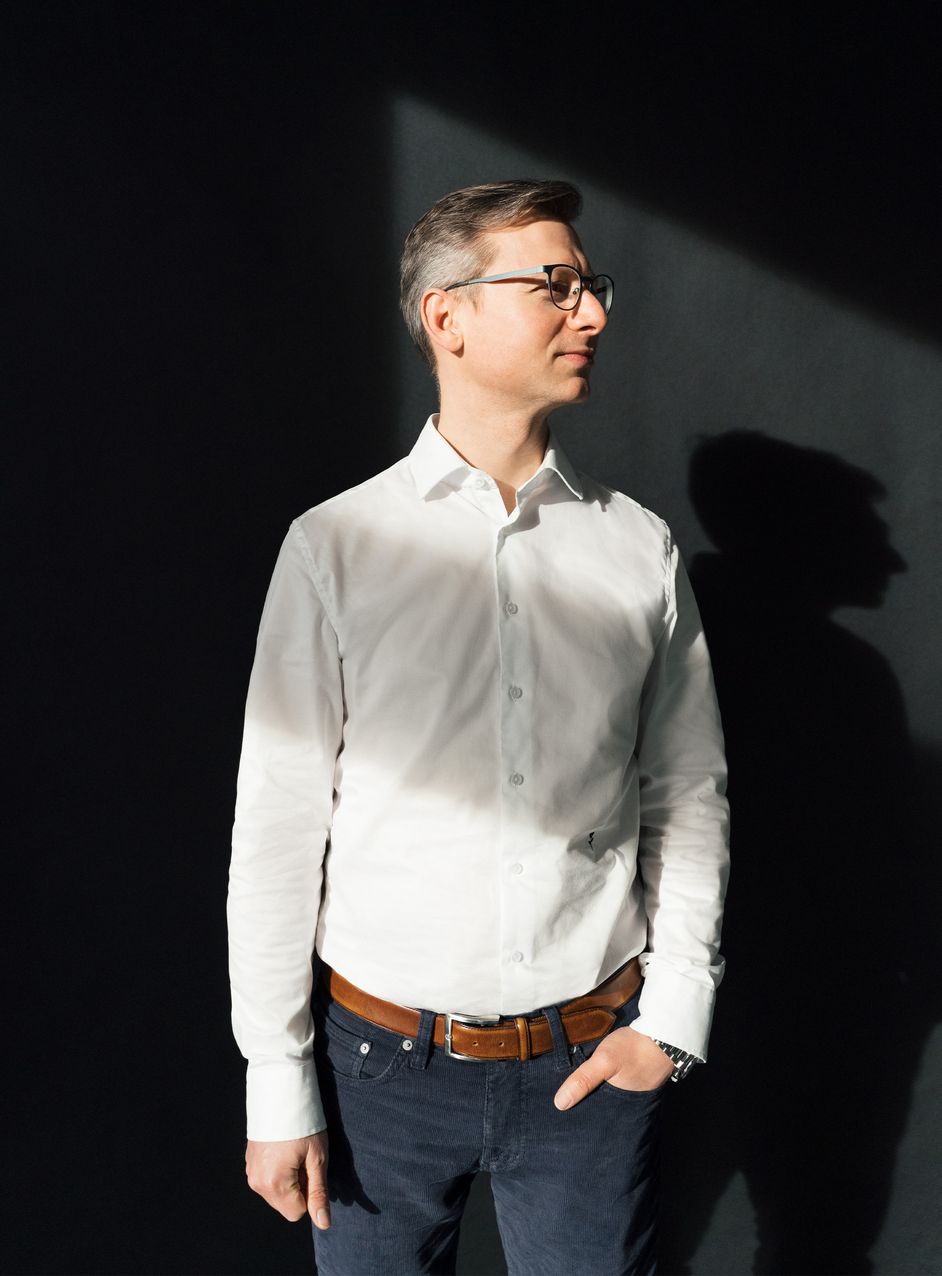Unlocking the potential of water

First Berlin, then London and New York, and now the metropolis of Singapore: for the first time, the Greentech Festival is coming to Asia. With its numerous parks, nature reserves and innovative architectural concepts, the small city-state in Southeast Asia is one of the greenest and smartest nations in the world. In order to cope with growing populations, urbanisation and increasing environmental challenges, the island is leading the way as a smart nation with new urban concepts. For Singapore, drinking water is of crucial importance as a resource. A reservoir in the middle of the city centre and Asia’s largest state-of-the-art desalination plant are intended to ensure that the city-state will become water-independent in the future.
Water as a resource is essential for survival and will play a major role at the Greentech Festival in Singapore on November 17 and 18. This is emphasised by the Gardens by the Bay venue: the concept of the park complex, which opened in 2012 and covers more than a hundred hectares, was built on artificially raised land in the central district of Singapore. It is based on sustainable energy and water cycles. In the interest of more sustainable mobility, Audi is also working on more efficient processes and water cycles at its production sites. By 2035, the company plans to reduce the ecologically weighted water consumption per vehicle produced from an average of around 3.75 cubic metres today to around 1.75 cubic metres. To achieve this, Audi uses a site-specific water indicator that sets water withdrawal at the sites in relation to regional availability. This makes it possible to implement measures specifically where water is particularly precious. At the GTF in Singapore, Audi will be giving an insight into how this can be achieved.
“Water will have a great impact on our lives in the future”
Audi's environmental policy focuses on the careful use of water as a resource. Daniel König, Head of Water Utilisation at Audi, will talk about this field of action at the Greentech Festival in Singapore. Four questions for Mr König on the importance of water for industries and climate protection.

Why does water as a resource play such an important role for an automotive car manufacturer?
Water as a resource is important mainly in two areas. Firstly, water is evaporated via cooling towers for the cooling of processes, but also of halls and buildings. Secondly, it is currently not possible to produce a car without using water. Processes in the paint shop, for example for various dip baths, play a major role. But also leak testing or, quite banally, cleaning the vehicles requires the use of water.
Has water scarcity been neglected in the general sustainability discussion?
That depends very much on the time of year and the region, but in principle yes. Naturally, the current focus of the discussion is on decarbonisation, which is good and very important. However, there is a direct dependency on water as a resource, and this relationship is often neglected in the discussions.
In Singapore, water conservation and water catchment play a central role. What lessons can industries learn from Singapore?
In my opinion, Singapore is a good example to show how the water problems of the future can be solved. Just dealing with the issue can make a big difference. Trying to become largely independent of others by closing cycles, like Singapore, is essential. After all, it is assumed that around ten billion people on this planet will need to be supplied with water by the year 2050.
Do you have any tips on how individuals like you and me can contribute to saving water?
There are the well-known classics, such as turning on the dishwasher only when it’s completely full or collecting rainwater in the garden. But it’s a little-known fact that it is now possible to save virtual water. Virtual water is the term used to describe the water consumption during the production or generation of consumer goods. A lot of water is used in the production of food or clothing, for example. Therefore, water can also be saved through mindful consumption.





